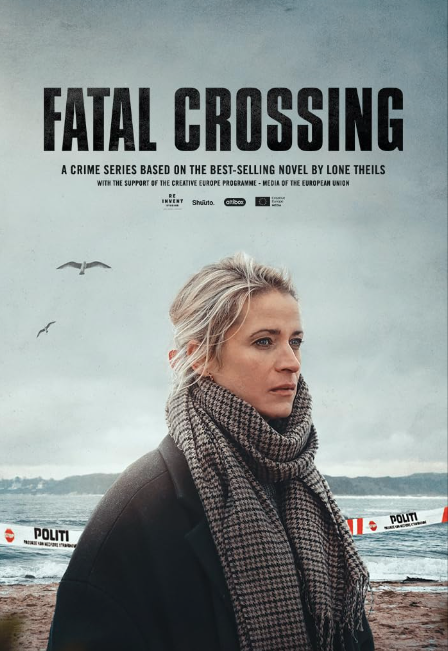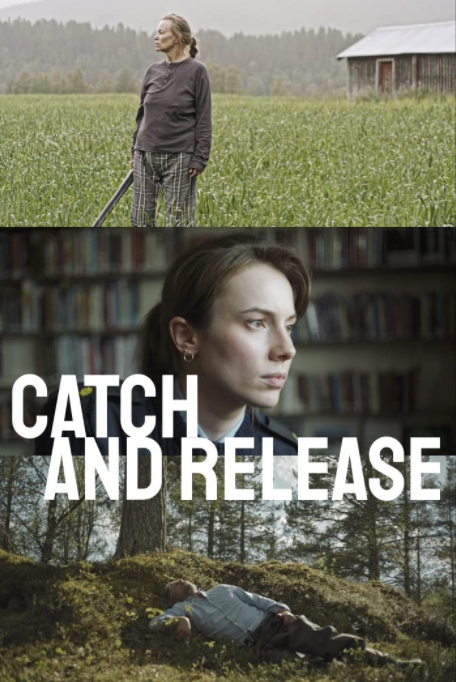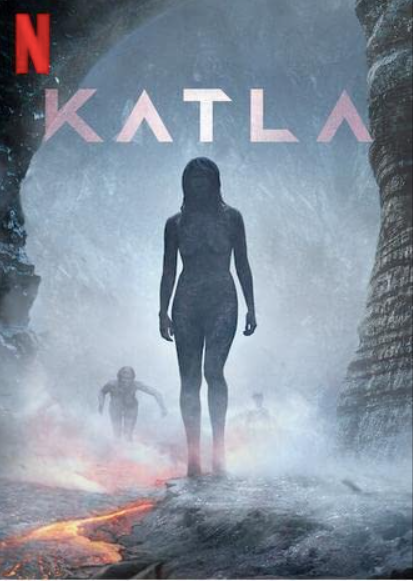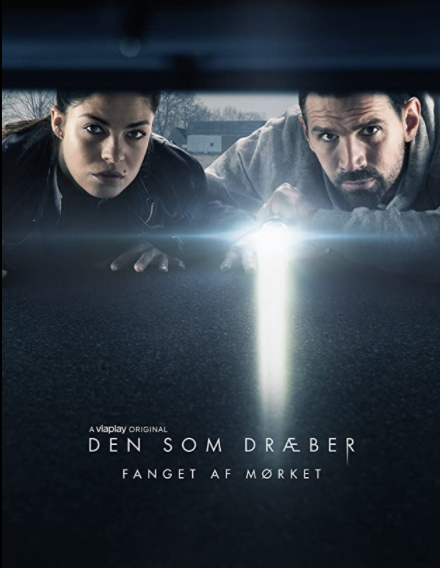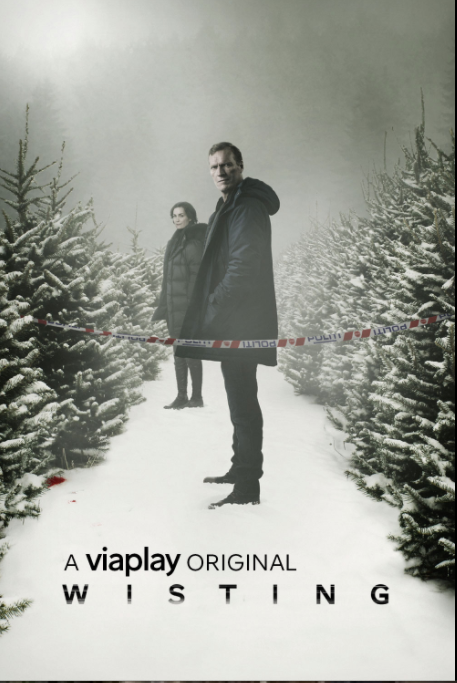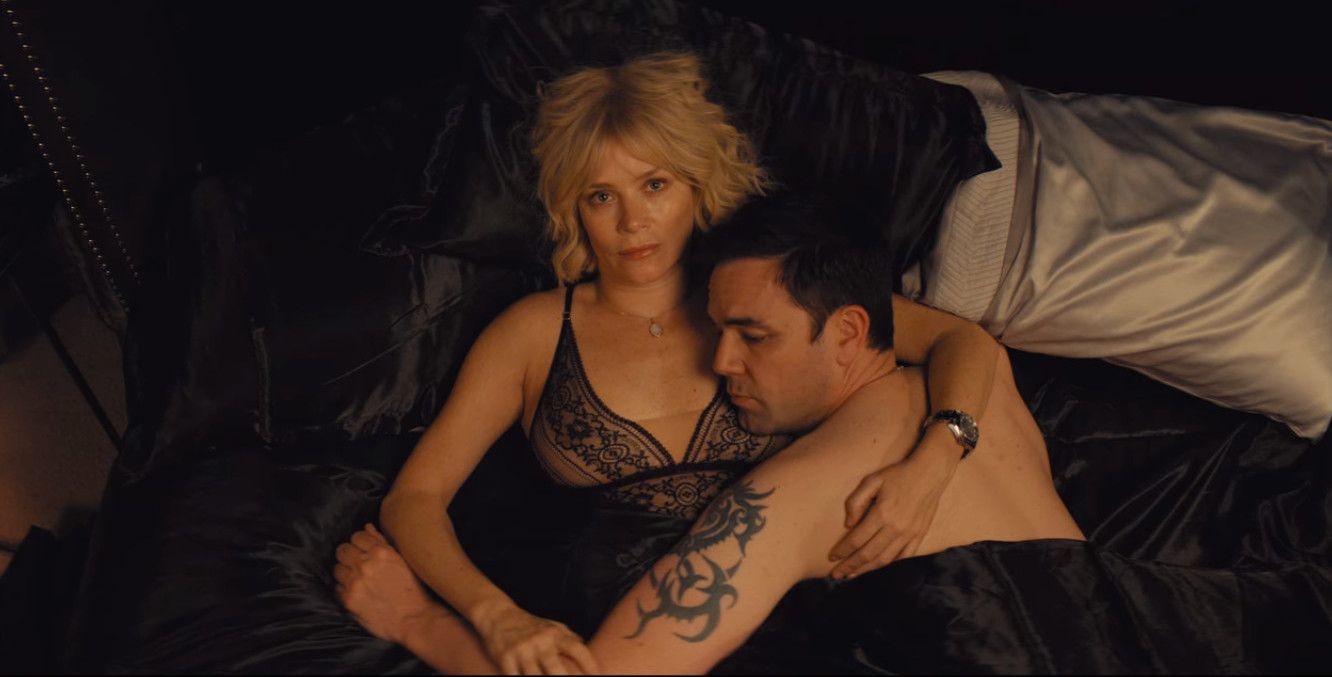Continuing the tradition - just started last year - here is my Top 10 list for 2016, from who knows how many series I've seen this past year on network television, cable, and streaming (Netflix, Amazon, Hulu, Acorn):
Honorable mention (narrowly not making the list, for a variety of reasons):
On the list last year:
Rectify concluded its run this Fall, and although it was still excellent and unique in many ways, some of the episodes lacked the intensity of the earlier seasons.
The Affair has just begun a new season on Showtime, and so far it's too soon to know if this will be another Top 10 season.
Returning in honorable mention:
Chicago Fire is still superb, but still suffers from the limitations of network television.
Nordic noir:
Case,
The Department Q Trilogy,
Dicte - all outstanding, subtitled Scandinavian police drama that almost made the list.
Apples and oranges:
Veep is hilarious, but it's impossible to rank a comedy with dramas, so I put it here in honorable mentions.
Closest runner-up:
The Fall's third season (BBC, streamed on Neflix) was its best yet for this sociopathic crime drama, with an Emmy-worthy performance by Gillian Anderson.
And now the Top 10:
10.
Designated Survivor (ABC TV): The only network series on my Top 10, which says how far cable and streaming have surpassed traditional network TV in the U.S. But
Designated Survivor is a worthy exception, in effect a blend of
24 and
House of Cards - or Jack Bauer in the White House. Fast-paced, dangerous, and unafraid to address current controversial political issues.
9.
Vikings (History Channel): Moving up from honorable mention last year to #9 on my list this year,
Vikings is superbly rendered historical drama. What and how the Vikings managed to conquer is fascinating just as straight history, but this series brings these stories alive with unforgettable characters and breathtaking battle scenes.
8.
Colony (USA Network): Near-future Los Angeles under totalitarian alien control - aliens from outer space not other countries - debuted in 2016. A taut, excellent mix of action and intelligent political philosophy.
7.
House of Cards (Season 4) (Netflix): Back on the list, down one notch, but that's because of the tougher competition, not because of any loss of quality. Frank and Claire Underwood remain brilliant templates of American Presidential politics and governance, becoming less hyperbolic and more in tune with our reality with every passing year, and not because
House of Cards is changing.
6.
Narcos (Season 2) (Netflix): We streamed seasons 1 (2015) and 2 (2016) in 2016, and loved them both. Irresistible, brutal (how's that for a combination) docu-drama about Colombian drug-lord Pablo Escobar.
5.
19-2 (Acorn). This is among the best beat-cop shows ever on television. All three seasons are streaming on Acorn, with Season 3 first airing in the summer of 2016. Originally a French-Canadian series, my wife and I enjoyed the English version so much we'll probably see the French sooner or later too. Indelible characters.
4.
Travelers (Netflix). Ok, I love science fiction, but I especially love time travel. I said in my review of this Canadian series, now streaming on Netflix, that it was in some ways as good as 12 Monkeys. Now that it's settled in, I think it's even better. The thing is,
Travelers starts out very slowly, so much so that I wouldn't have kept watching if I didn't have an insatiable interest in time travel stories. But
Travelers gets better very quickly, and the last four episodes are pure, incandescent genius.
3.
The Girlfriend Experience (Starz): Both a lawyer and a call-girl show, and a gem of a drama. The "girlfriend experience" gives the customer not just sex but a girlfriend for the rented time, and the situations this engenders make for an outstanding portrayal of life in the fast lane.
2.
Westworld (HBO): There's going to be more science fiction this year than last year. I am indeed a science fiction fan (as well as author), but these series were extraordinary, and should be very appealing to everyone who doesn't dislike science fiction. In the case of
Westworld, it was a very close second to
The Man in the High Castle, offering the best depiction of the profound issues in human-like artificial intelligence I've ever seen on television or in the movies. (
Humans was #9 on my list last year - its new season will be on in 2017. I found
Westworld better than
Humans, as good as it was.)
1.
The Man in the High Castle (Season 2) (Amazon): This was #1 on my list last year, and this year's episodes were even better. Goes well beyond Philip K. Dick's masterful novel in intelligent, relevant, vivid, and riveting ways. And speaking of relevant, never more so, given the support President-elect Trump received from white supremacists in the recent election.
See also My List of the Top Ten Television Series of 2015